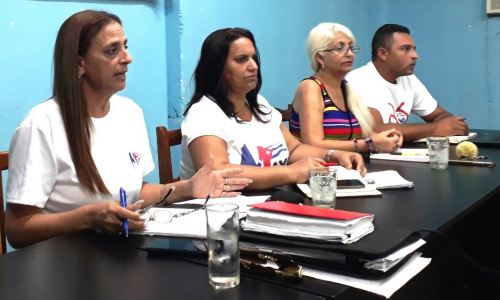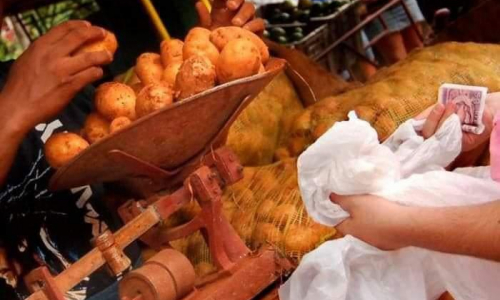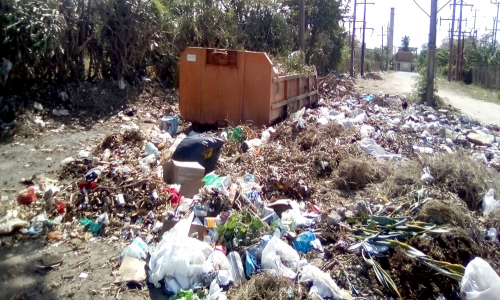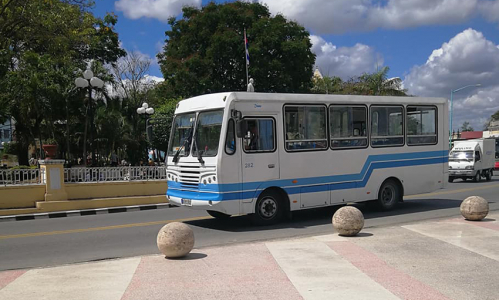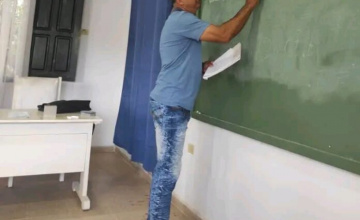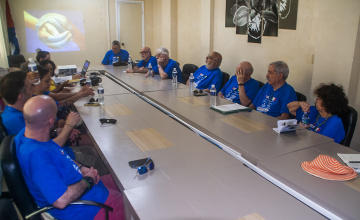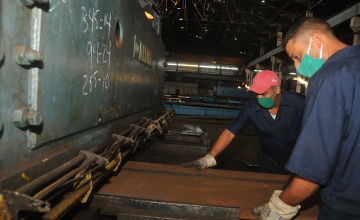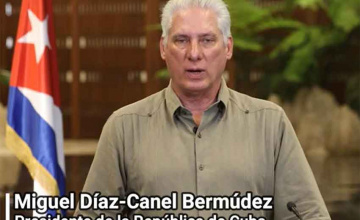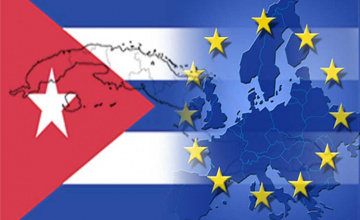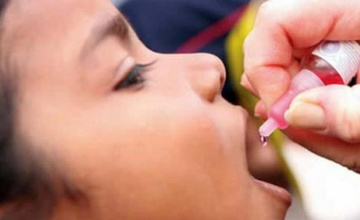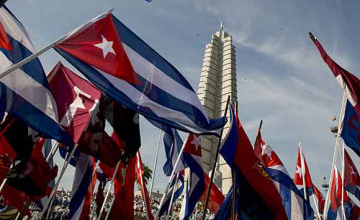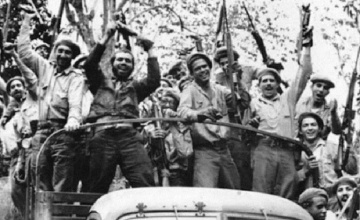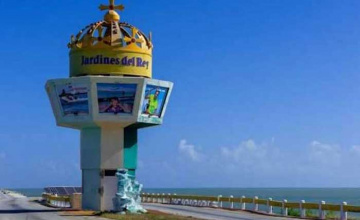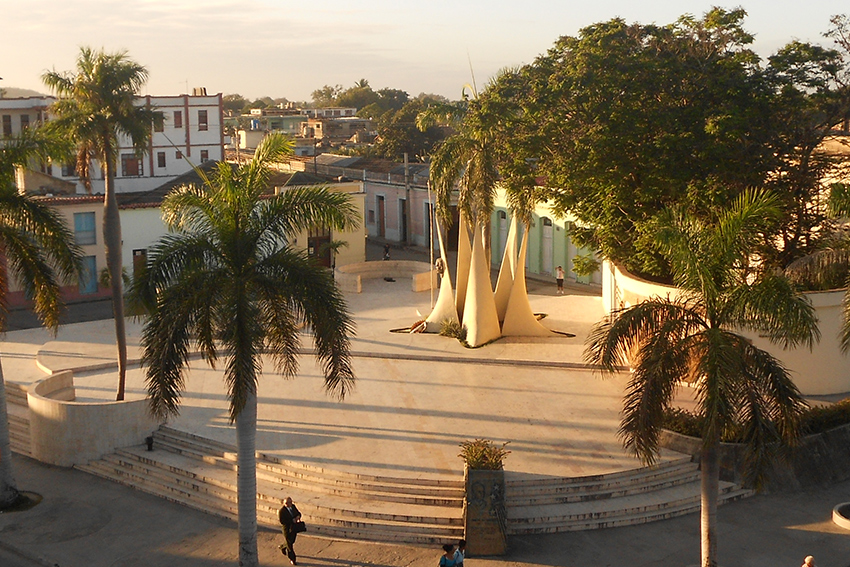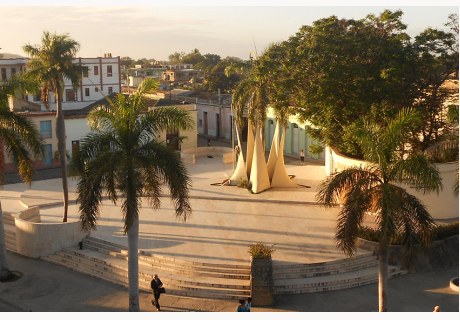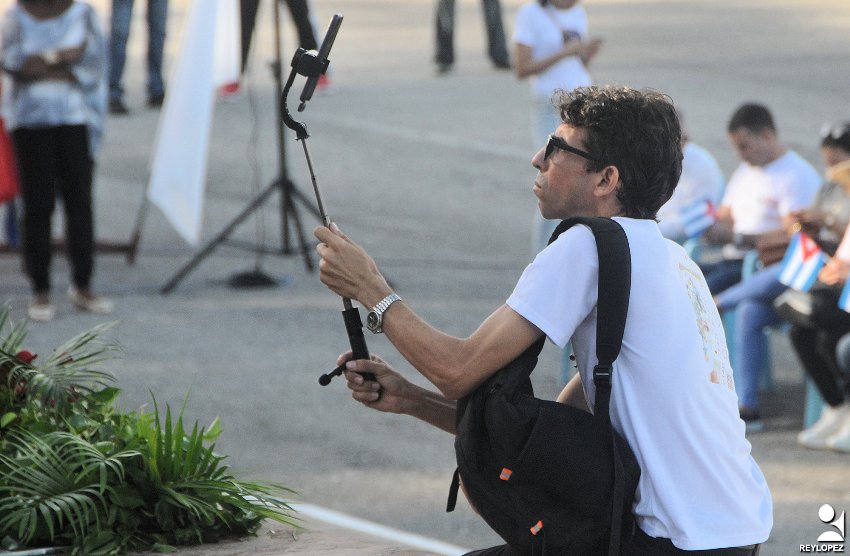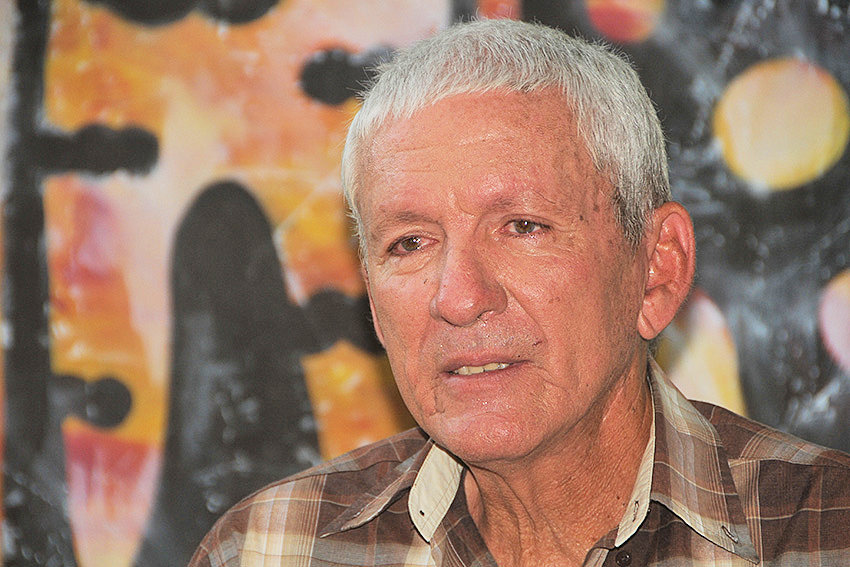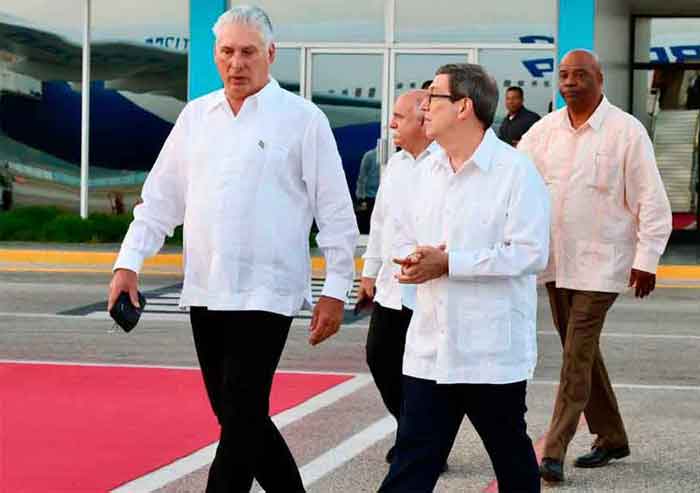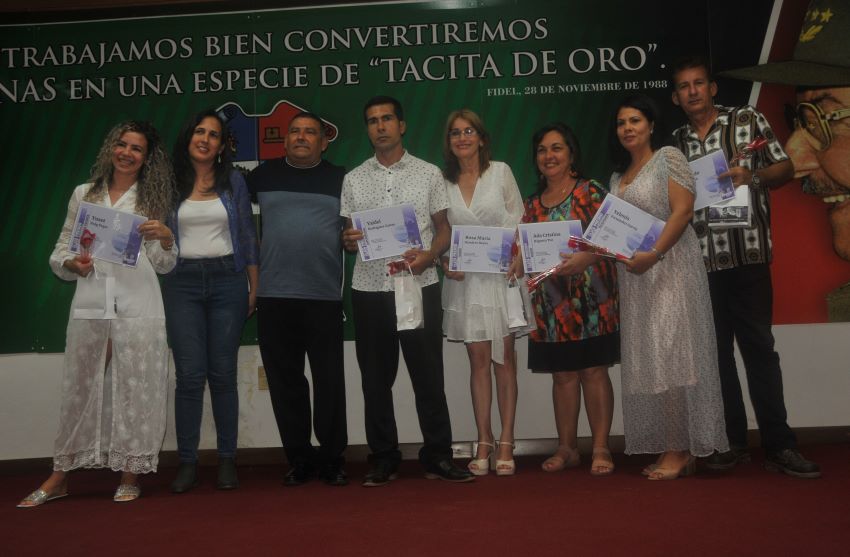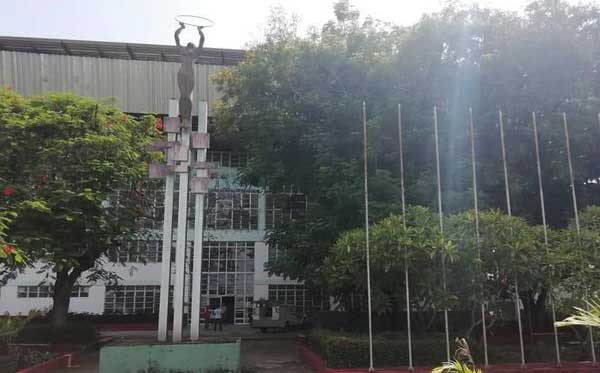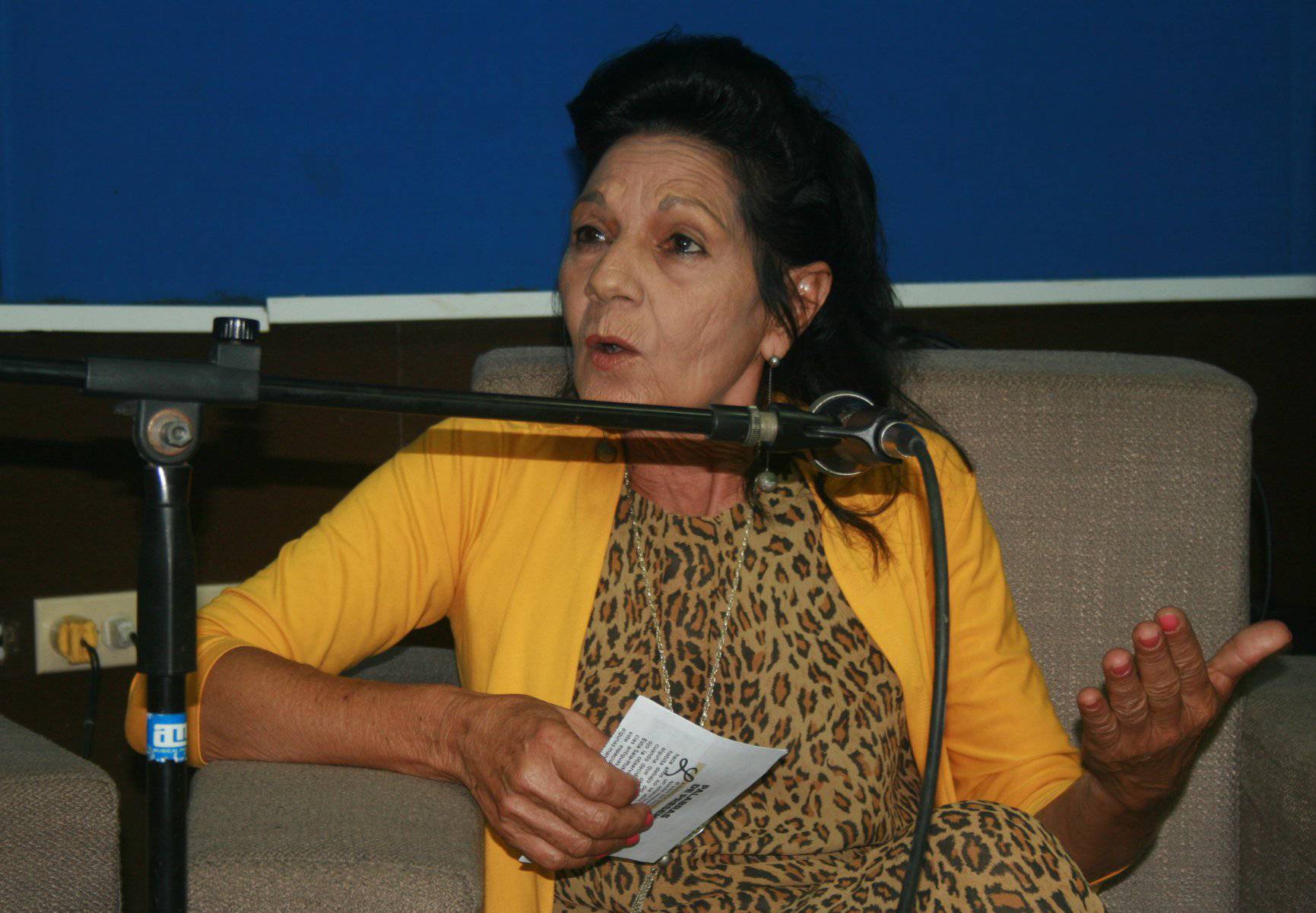
On the International Day of Journalists, these lines are a tribute to our dear colleague, to the Radio System in Las Tunas, and to the profession.
I owe Marina Martínez more than a cup of coffee. I confess it with the sorrow of someone who knows she is the prisoner of a colossal debt and feels she can no longer delay the pleasure of paying it off.
She, the first woman to work in journalism at a radio station in Las Tunas, was already a professor in these matters when I arrived at the headquarters of Radio Victoria, with more questions than arguments, to take on the exquisite maelstrom that is radio journalism.
She was, at the time, the director of the magazine Hablemos de, but she still worked in various important sectors as a reporter. I remember her speaking with total mastery of the drought in these lands, and the dilemmas of the aqueduct and, more than once, I crept stealthily into a studio to see her edit, together with Yusdel Rojas, some of those wise chronicles that are still remembered when we meet, full of nostalgia, to recall good practices.
"That woman has a unique voice, an uncommon timbre among women, very valuable for informative locution," the man who was my professor at the University told me years ago after a working visit to Las Tunas. And he was right.
Marina has an unmistakable way of reading the news, she always had a clear and brief way of writing, a luxury for which all communicators in the radio universe had to compete; and she was, of course, non-conformist to the core and a fierce defender of every second on air of her material.
The story goes that she began working in an office of the radio station in the final months of 1976, where she worked for a short time as the director's secretary, and that life gradually inclined her towards the News Department, perhaps stirred by that taste for writing that had been with her since she was a child.
She graduated as a journalist in 1982, after completing her studies (directed course) at the University of Oriente, and luck placed her in an environment of men, and made the listeners get used to a woman's voice giving the news with her flight and unequaled strength.
It was Marina Martinez who told how the province had won the 26 July national seat for the first time. They say that it was a very special early morning, when they stayed at the radio station, waiting for the huge pages of newspaper 26 (then based in Colón Street) to publish the editorial that would tell the story and then reproduce it on the radio.
They say that she, accompanied by that great soundman that was Metodio Diez, lived the moment surrounded by people; because the studio was a hive of activity and everyone wanted to share in the joy.
They grabbed the sheets of 26, still half-dried, and began to adjust the note. They say that the ink ran and the nerves betrayed them to the point that it was difficult to read; but it was an important moment, a moment of informative splendor and personal pride.
In those years, the provincial radio station boasted a professional staff of the highest caliber: Luis Manuel Quesada Kindelán, Florencio Lugones, Oscar Herrera, Florinda González, Oraldo Solís, Mary Espinosa and many others; among them, Abel Peña, the eternal lover who has been her life partner for decades and who, as a journalist like her, knows that the road is difficult and can only be walked in good company.
Because, when you are committed to the hard work of reporting, love is not enough to get through life; you also have to wash dishes at late hours, stay up late at night in the studios, and, not infrequently, carry the bundles of a little girl, who grew up watching her mother record notes with her sitting on her knees and who had to grow up early, because in the house of two journalists, the working day begins with the sun and ends late, when the night slips away, and that, almost every day.
In an interview she confessed that the most difficult thing in journalism is retirement; that moment when the daily routine changes and you become enveloped by the longing for the daily work; and then you find yourself wanting to direct in the middle of the night and you learn to listen to the programs in a different way, which you only understand yourself, inexcusably.
I have been thinking a lot about Marina these days, as Radio Victoria approaches another anniversary in Las; about her teachings, the sacrifice of her life, and the many cups of coffee we owe each other. A debt that I intend to pay off very soon, to remember my early days in the media and thank her for her tenacity, patience, and affection.



